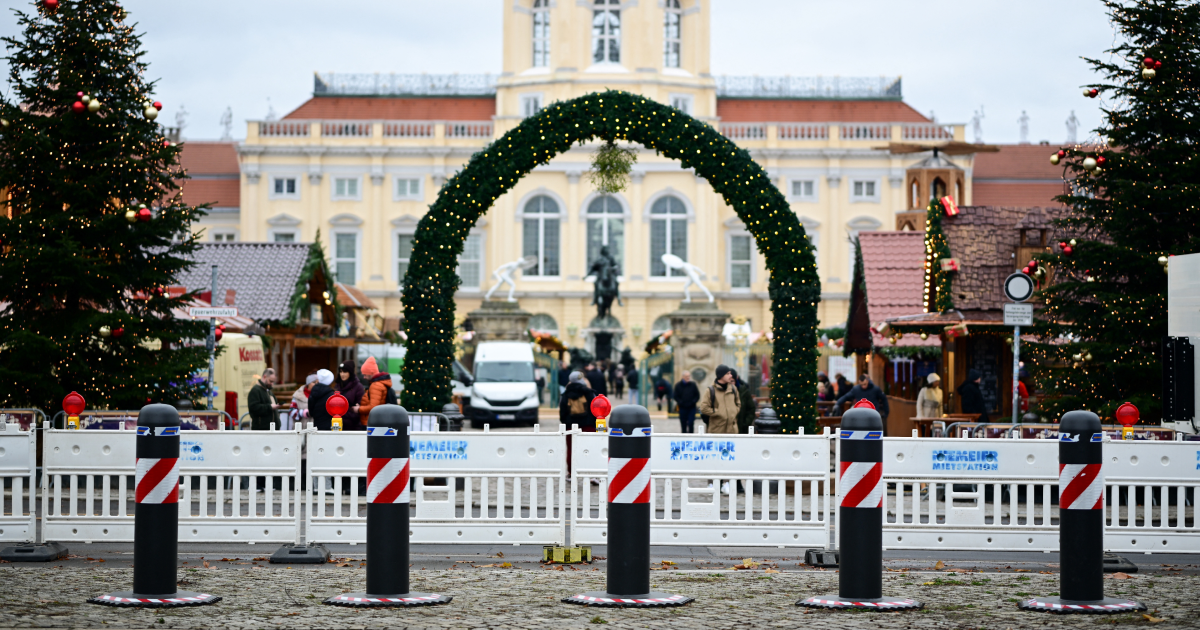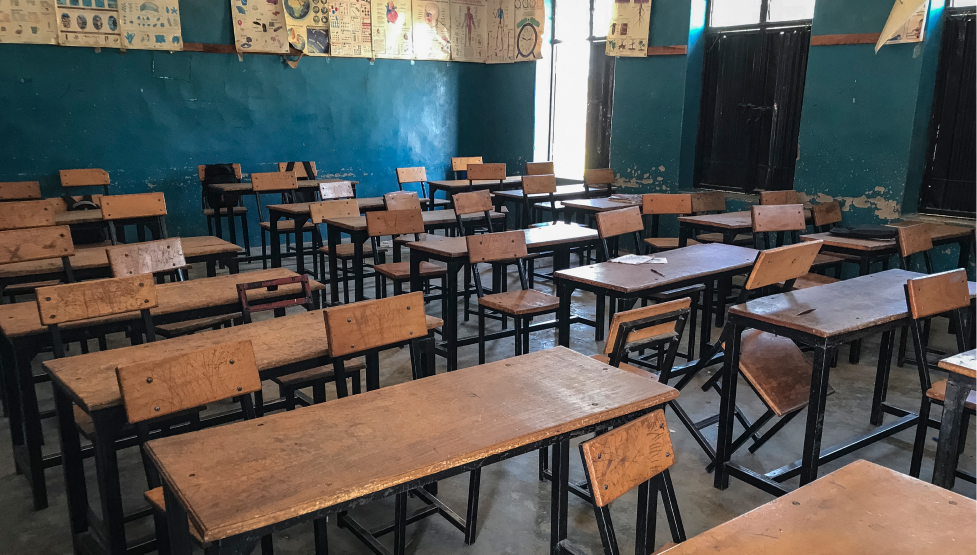Cardinal Stephen Chow of Hong Kong has said there is no religious persecution in the territory, putting himself at odds with his predecessor Cardinal Joseph Zen, who has long warned that the Chinese Communist Party is steadily tightening its grip on the Church.
Speaking in Parramatta on 15 September during a public dialogue in the “Bishop Vincent Presents” series, The Catholic Weekly reported that Cardinal Chow declared Beijing wanted to keep Hong Kong’s religious freedom “intact” and insisted: “I want to invite any one of you, everyone, to come to Hong Kong and see for yourself.”
His remarks formed part of a wider talk on “bridge-building” delivered during his Australian visit, which included engagements in Sydney and Melbourne.
The comments contrasted sharply with the experience of Cardinal Zen, 93, who was arrested in 2022 and convicted for failing to register a humanitarian fund that assisted pro-democracy demonstrators. The trial was widely condemned as politically motivated and his passport remains confiscated, preventing him from travelling freely.
Cardinal Chow suggested, however, that the treatment of his predecessor had been exaggerated in the West. “Not one day was he imprisoned, not one day was he under house arrest,” he said, omitting that criminal proceedings and restrictions are widely seen as punishments in themselves.
Cardinal Zen has consistently argued that the Church is being persecuted and has repeatedly denounced the Vatican’s 2018 accord with Beijing as a betrayal of Catholics loyal to Rome.
Cardinal Chow admitted that he was involved in the Vatican’s secret agreement, which gave Beijing a say in episcopal appointments. He insisted that the Chinese authorities had taken the Church seriously, even arranging for officials to study canon law, philosophy, and theology. “The [CCP] government is very well informed,” he said.
Since the national security law of 2020, priests in Hong Kong can face up to 14 years in prison if they refuse to break the seal of confession when they suspect a “crime of treason.”
Clergy have also been threatened with prosecution for delivering homilies deemed “seditious.” In schools, the curriculum has been altered in co-operation with the diocese to promote the “sinicization” of religion, incorporating socialist values into Catholic teaching and reducing the role of the papacy.
Cardinal Zen, who has spent decades confronting the authorities, has been forthright in condemning both Beijing and the Holy See. In 2019 he stated that the Vatican-China deal made him “sick” and accused Cardinal Parolin of having “told a series of lies with eyes open.” Cardinal Zen’s confrontational approach stands in sharp contrast to that of his successor, who promotes dialogue and empathy even with Communist officials, insisting that “Communists are human beings too” with struggles and families of their own.
Cardinal Chow was born in Hong Kong in 1959 and later studied at Harvard University. He entered the Society of Jesus in 1984, was ordained in 1994, and went on to serve as provincial superior of the Jesuits in China. He became Bishop of Hong Kong in 2021 and was made a cardinal two years later.
Cardinal Zen led the diocese from 2002 until his retirement in 2009, and in the years since has continued to speak out forcefully against both the Chinese government and the Vatican’s agreement with Beijing.
Their sharply different approaches have emerged at a time when Hong Kong is facing unprecedented restrictions under Communist rule, with new security laws and tightened control of schools, churches, and the media. The contrasting positions of the two cardinals now frame the debate over how the Church should respond to Beijing’s growing influence.





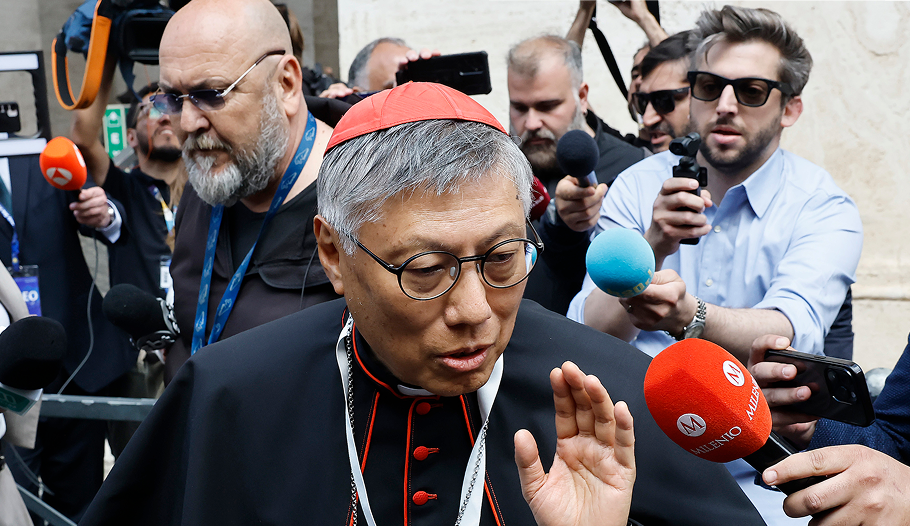


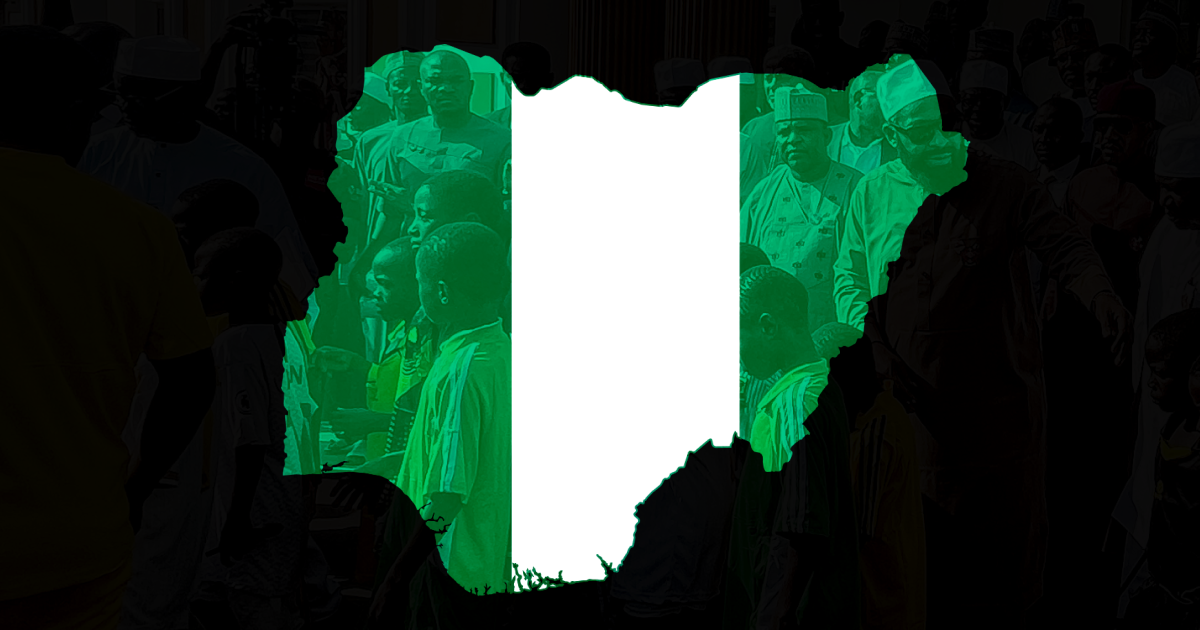
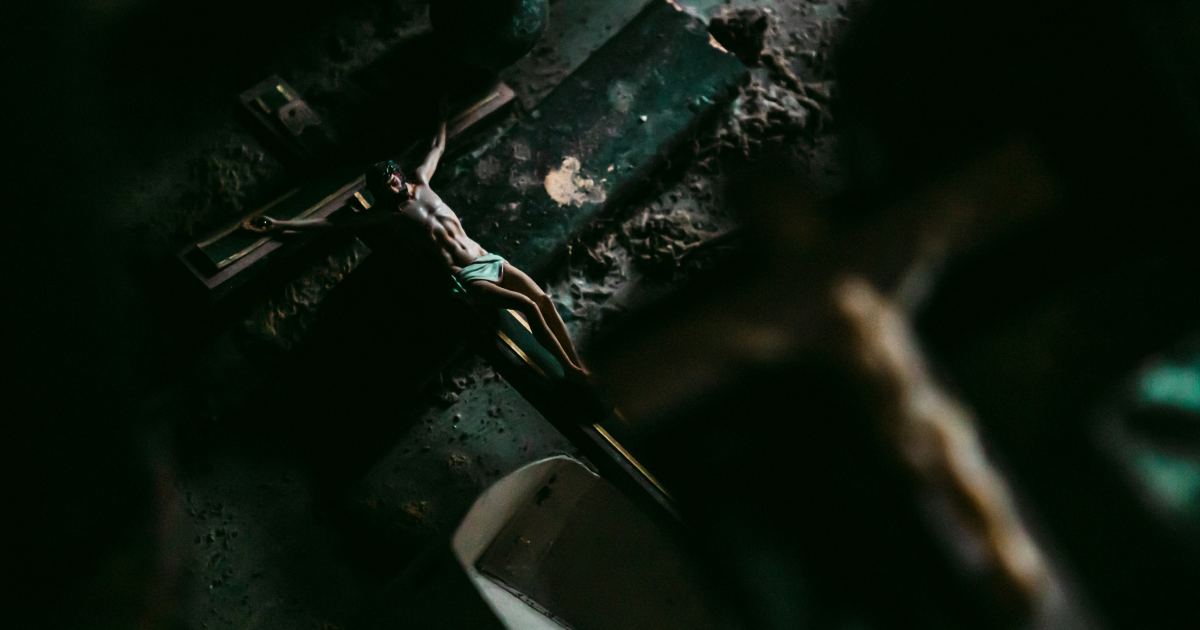
.png)
